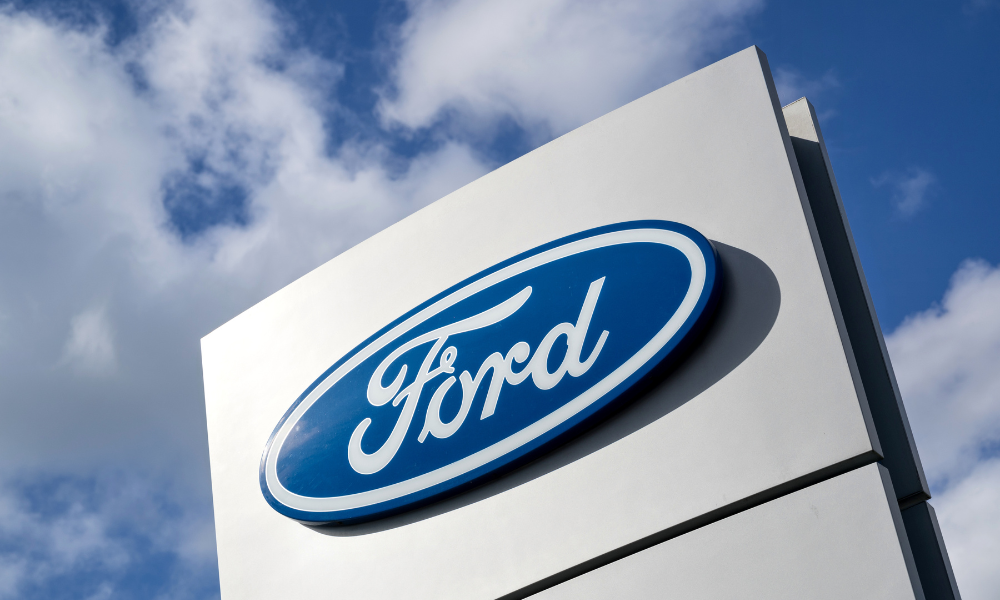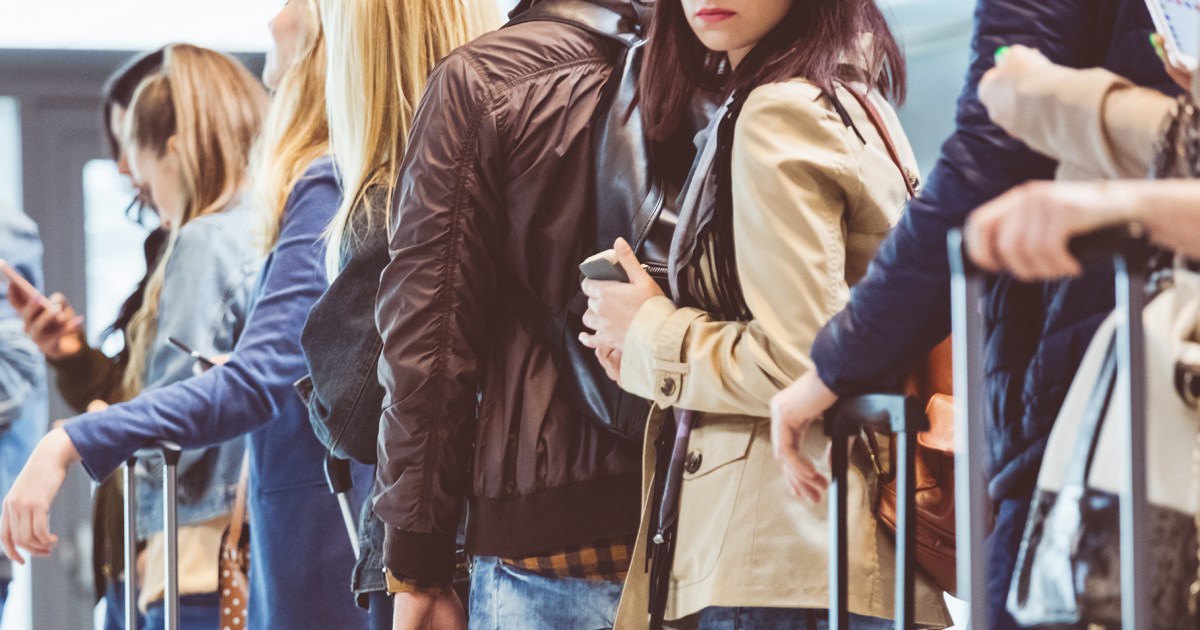Bussiness
Airlines are doubling down on premium seats. So far, it’s paying off
- Airlines are doubling down on high-margin premium cabins and even expanding them on new planes.
- They’re counting on the cabins to fill the financial hole caused by a glut of cheap economy seats.
- Premium-cabin revenue increased at American, Delta, and United in the third quarter.
Airlines are counting on their premium cabins to help them recover from the financial hole created by an influx of cheap economy seats in the market this year.
American Airlines on Thursday reported an 8% increase in premium revenue in the third quarter compared with the prior year. That increase, when capacity was up by only 3%, suggests customers are willing to pay for upgrades, something the industry badly needs to get out of a rut.
Its rivals Delta Air Lines and United Airlines reported similar premium revenue growth in the quarter, at 4% and 5%.
Andrew Nocella, United’s executive vice president and chief commercial officer, said on the company’s earnings call that the premium cabin “performed better than the main cabin in all entities during the quarter.”
American Airlines
Delta said its premium cabins generated $5.3 billion in revenue compared with $6.3 billion for its economy cabins.
Not all the recoveries are equal. While United’s and Delta’s stock prices have risen by 81% and 34% this year, American’s has fallen by 5%.
American’s lag is partly due to a corporate strategy that pushed away high-paying customers and resulted in the firing of its chief commercial officer, Vasu Raja.
“We have taken aggressive action to reset our sales and distribution strategy and reengage the business travel community, which we’re confident will improve our revenue performance over time,” CEO Robert Isom said on Thursday.
Premium seats allow airlines to charge a premium
The legacy carriers’ renewed attention to their premium offerings is also partly due to their acknowledgment of a shift in customer expectations.
It’s a welcome change. Airlines have scrambled to compensate for the unsustainably cheap economy seats from revenue-starved low-cost carriers that have dragged down their earnings this year.
Courtesy of Delta Air Lines
Leaning more into premium seats could fill that financial void.
American has doubled down on improving its business class. It plans to launch a Flagship Suite to be included in future Boeing 787s and Airbus A321XLRs and retrofitted in the airline’s Boeing 777-300ERs.
Delta has hinted at an unbundled business class to stoke more demand for the high-dollar cabin. United is planning to create a business class with lie-flat seats for its new A321XLRs. The three airlines have also announced big investments in their ever important airport lounges.
United Airlines
On the budget side, Frontier Airlines and Spirit Airlines, which haven’t posted a profit since 2019, are making drastic changes to their bare-bones strategies. Frontier in March announced a seating option that leaves the middle seat empty, while Spirit unveiled more-spacious seats in July.
JetBlue Airways recently announced plans to build lounges for its Mint business class, and Southwest Airlines plans to upsell seats with more legroom, ditching its egalitarian model.









